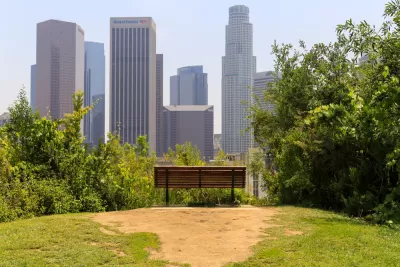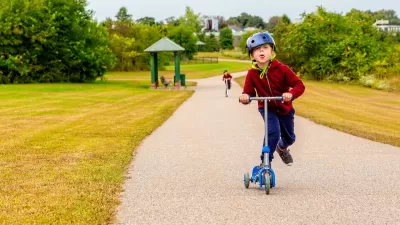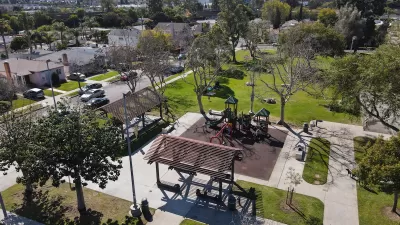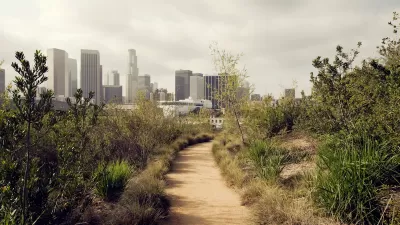A new approach prioritizes investments in the capacity of people closest to the problem to achieve population-level impacts.

Parks and other green spaces are crucial for the health and well-being of communities, a fact that has been made even clearer during the COVID-19 pandemic. However, not all residents have equal access to these vital resources and key community infrastructure. Addressing these inequities requires advocates’ utmost attention, urgency, and action. A new approach to achieving park equity can result in transformation and improve the quality of life for residents in underserved communities.
Across the United States, a growing number of jurisdictions are adopting park and green space equity policies. Examples include public finance measures that have an equity focus, park agency organizational changes, documentation of park needs and inequities, joint use policies for school facilities, land use policies that facilitate access to green space, policies and ordinances requiring community engagement for park development, and anti-displacement provisions within green space equity initiatives. But in many low-income communities of color, longstanding inequities remain. A growing movement of park equity advocates, including community-based organizations and community members exercising their own power, is working to change that.
In the new paper, "Changing the Landscape: People, Parks, and Power," the Prevention Institute and Dr. Alessandro Rigolon of the University of Utah offer a new approach to park and green space equity that prioritizes investing in the capacity of people closest to the problem so that they can drive policy and systems changes to achieve population-level impacts.
FULL STORY: How park equity can advance health equity and racial justice

Maui's Vacation Rental Debate Turns Ugly
Verbal attacks, misinformation campaigns and fistfights plague a high-stakes debate to convert thousands of vacation rentals into long-term housing.

Planetizen Federal Action Tracker
A weekly monitor of how Trump’s orders and actions are impacting planners and planning in America.

San Francisco Suspends Traffic Calming Amidst Record Deaths
Citing “a challenging fiscal landscape,” the city will cease the program on the heels of 42 traffic deaths, including 24 pedestrians.

Defunct Pittsburgh Power Plant to Become Residential Tower
A decommissioned steam heat plant will be redeveloped into almost 100 affordable housing units.

Trump Prompts Restructuring of Transportation Research Board in “Unprecedented Overreach”
The TRB has eliminated more than half of its committees including those focused on climate, equity, and cities.

Amtrak Rolls Out New Orleans to Alabama “Mardi Gras” Train
The new service will operate morning and evening departures between Mobile and New Orleans.
Urban Design for Planners 1: Software Tools
This six-course series explores essential urban design concepts using open source software and equips planners with the tools they need to participate fully in the urban design process.
Planning for Universal Design
Learn the tools for implementing Universal Design in planning regulations.
Heyer Gruel & Associates PA
JM Goldson LLC
Custer County Colorado
City of Camden Redevelopment Agency
City of Astoria
Transportation Research & Education Center (TREC) at Portland State University
Jefferson Parish Government
Camden Redevelopment Agency
City of Claremont





























